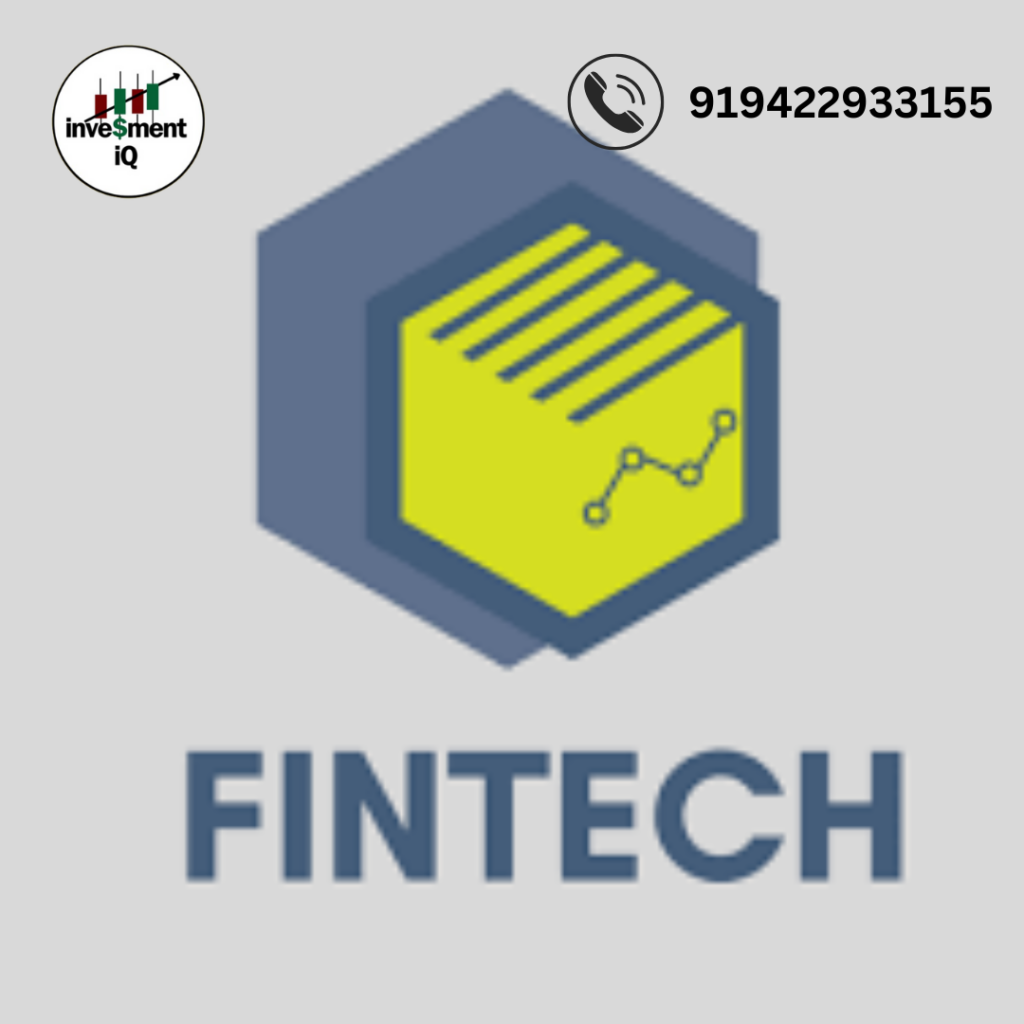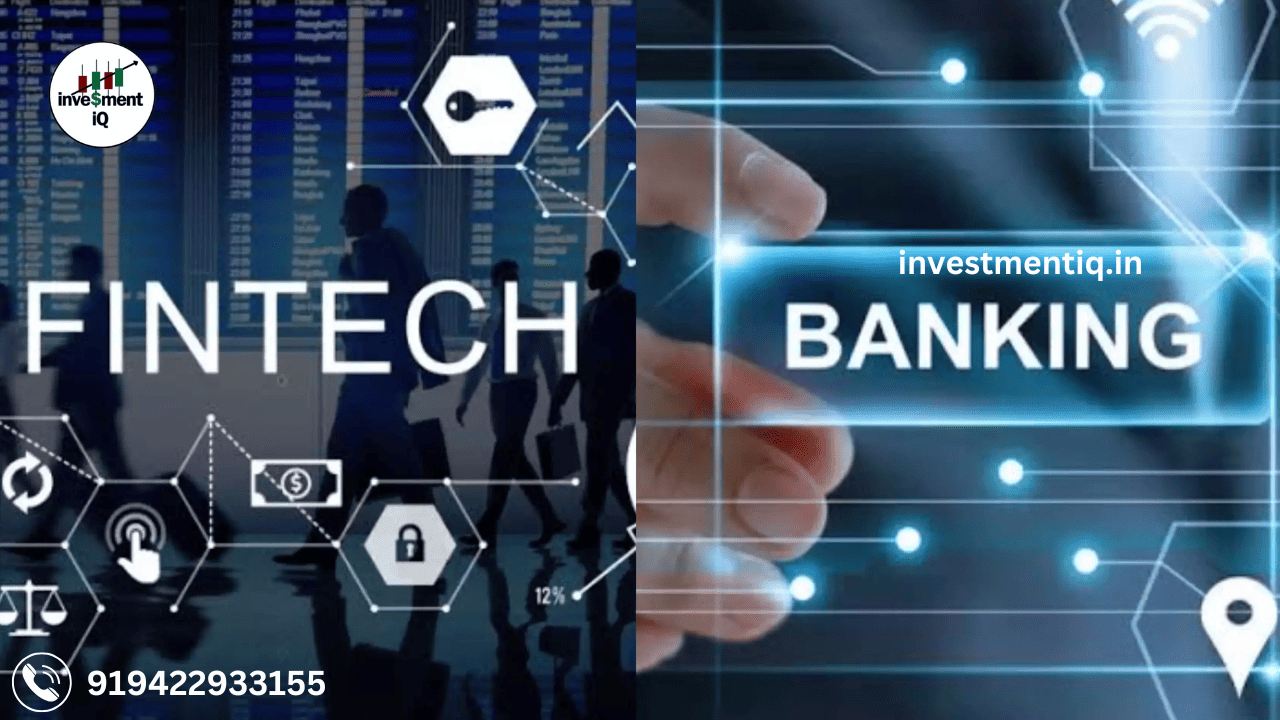
Fintech, a mix of “monetary innovation,” has arisen as an extraordinary power in the worldwide monetary scene. With the coordination of innovation and monetary administrations, fintech is reshaping how people, organizations, and establishments oversee cash, make installments, and access monetary administrations. From advanced banking and digital currency to shared loaning and robo-guides, fintech has disturbed conventional frameworks, making them more effective, available, and comprehensive. This blog investigates fintech’s development, its key applications, advantages, challenges, and the eventual fate of the business.
The Evolution of Fintech
The foundations of fintechs can be followed back to the late twentieth century when monetary establishments started embracing innovation to smooth out activities. In any case, fintech as far as we might be concerned today picked up speed with the ascent of the web and portable innovation in the mid 2000s.
Key Achievements in Fintech History:
1960s: Presentation of ATMs reformed banking by giving all day, every day cash access.
1970s: The ascent of electronic installment frameworks like Quick (Society for Overall Interbank Monetary Media transmission).
1990s: The development of web based banking made ready for advanced monetary administrations.
2000s: Distributed installment stages like PayPal acquired prevalence.
2010s: The fintech blast, set apart by advancements like versatile wallets, blockchain, and computerized just banks.
2020s: Fast development in simulated intelligence driven administrations, cryptographic money reception, and decentralized finance (DeFi).
Key Applications of Fintech
Computerized Banking
Computerized or web based banking empowers clients to get to banking administrations through versatile applications or web stages. From opening records to applying for advances, computerized banks offer comfort and proficiency. Models incorporate neobanks like Toll and Revolut, which work without actual branches.
nstallment Frameworks
Fintech has upset installment handling through stages like PayPal, Venmo, and Stripe. Versatile wallets like Apple Pay and find out about Pay have made contactless installments standard, while cross-line arrangements like Wise empower less expensive worldwide cash moves.
Blockchain and Cryptographic forms of money
Blockchain innovation supports cryptographic forms of money like Bitcoin and Ethereum, offering decentralized, secure, and straightforward monetary exchanges. Fintech applications incorporate digital money trades, decentralized finance (DeFi) stages, and tokenization.
Venture and Abundance The board
Robo-counsels like Improvement and Wealthfront give computerized, artificial intelligence driven speculation exhortation, democratizing admittance to monetary preparation. Moreover, fintech stages empower fragmentary financial planning, permitting people to put resources into stocks or land with negligible capital.
Shared Loaning
Stages like LendingClub and Thrive interface borrowers straightforwardly with loan specialists, bypassing conventional monetary go-betweens. This model diminishes getting costs while offering appealing re-visitations of moneylenders.
Insurtech
Insurance innovation, or insurtech, use simulated intelligence, large information, and IoT to smooth out contract the executives, endorsing, and guarantees handling. Organizations like Lemonade offer customized, on-request protection administrations.
RegTech
Administrative innovation assists monetary foundations with following guidelines through mechanization and information investigation. RegTech arrangements diminish the expense of consistence while further developing exactness and productivity.
Benefits of Fintech
Fintechs offers numerous advantages, making financial services more accessible, efficient, and innovative:
1. Enhanced Accessibility
Fintech solutions have extended financial services to underserved populations. Mobile banking and digital wallets enable financial inclusion, particularly in developing countries where traditional banking infrastructure is limited.
2. Lower Costs
By automating processes and eliminating intermediaries, fintechs reduce transaction costs, making services more affordable for consumers and businesses alike.
3. Improved Customer Experience
Personalized recommendations, 24/7 availability, and intuitive interfaces enhance customer satisfaction. AI-powered chatbots, for instance, provide instant support and guidance.
4. Faster Transactions
Real-time payments and automated systems significantly reduce processing times, benefiting both consumers and businesses.
5. Innovation
Fintech drives innovation by introducing new products and services, such as buy-now-pay-later (BNPL) solutions, cryptocurrency, and decentralized lending platforms.
Challenges Facing Fintech
Administrative Consistence
Exploring different administrative scenes across purviews can challenge. Fintech organizations should guarantee consistence with information protection regulations, hostile to illegal tax avoidance (AML) principles, and network safety guidelines.
Network protection Dangers
As fintech depends vigorously on computerized stages, it is helpless against cyberattacks, information breaks, and misrepresentation. Guaranteeing vigorous safety efforts is fundamental.
Shopper Trust
Building trust among shoppers new to new innovations or suspicious of information security stays a huge test.
Contest
The fintech space is packed, with new companies contending against one another as well as against customary monetary organizations embracing advanced change.
Monetary Proficiency
The reception of fintech arrangements relies upon’s how clients might interpret innovation and monetary items, featuring the requirement for expanded monetary proficiency.
Fintech and Financial Inclusion
One of fintech’s most significant contributions is its role in promoting financial inclusion. In regions where traditional banking is inaccessible, mobile money platforms like M-Pesa in Kenya have empowered millions by providing basic financial services. Similarly, microfinance platforms and crowdfunding solutions offer credit to small businesses and entrepreneurs lacking collateral.
The Role of AI and Big Data in Fintech
Artificial intelligence and big data analytics have become the cornerstone of fintech innovation. AI enables predictive analytics, fraud detection, and personalized recommendations, while big data helps financial institutions make informed decisions based on consumer behavior and market trends. Examples include AI-powered credit scoring models and automated trading algorithms.
The Impact of COVID-19 on Fintech
The COVID-19 pandemic accelerated fintech adoption as consumers and businesses shifted to digital platforms. Contactless payments, digital banking, and online investment tools saw a surge in demand. Remote work also highlighted the importance of cloud-based fintech solutions for businesses.
The Future of Fintech
Decentralized Money (DeFi)
DeFi stages expect to make an open monetary framework without delegates. Savvy contracts and blockchain innovation empower decentralized loaning, acquiring, and exchanging.
Installed Money
The joining of monetary administrations into non-monetary stages, for example, ride-sharing applications or web based business sites, is turning out to be progressively well known.
Feasible Money
Fintech organizations are creating green money arrangements, for example, carbon offset stages and ESG-centered speculation instruments.
Biometric Security
Biometric validation, for example, facial acknowledgment and unique finger impression filtering, will upgrade security in fintech applications.
Venture into Developing Business sectors
With expanding cell phone entrance and web access, fintech is set to assume a crucial part in driving monetary development in developing business sectors.
Conclusion
Fintech has reformed the monetary business, making administrations quicker, less expensive, and more available. While challenges like guideline and network safety endure, the potential for development and consideration stays monstrous. As innovation keeps on advancing, fintech will without a doubt shape the fate of money, setting out open doors for people and organizations around the world. Whether through blockchain, man-made intelligence, or computerized banking, the fintech unrest is simply starting, promising a more associated, productive, and comprehensive monetary environment.
you may be interested in this blog here:-




